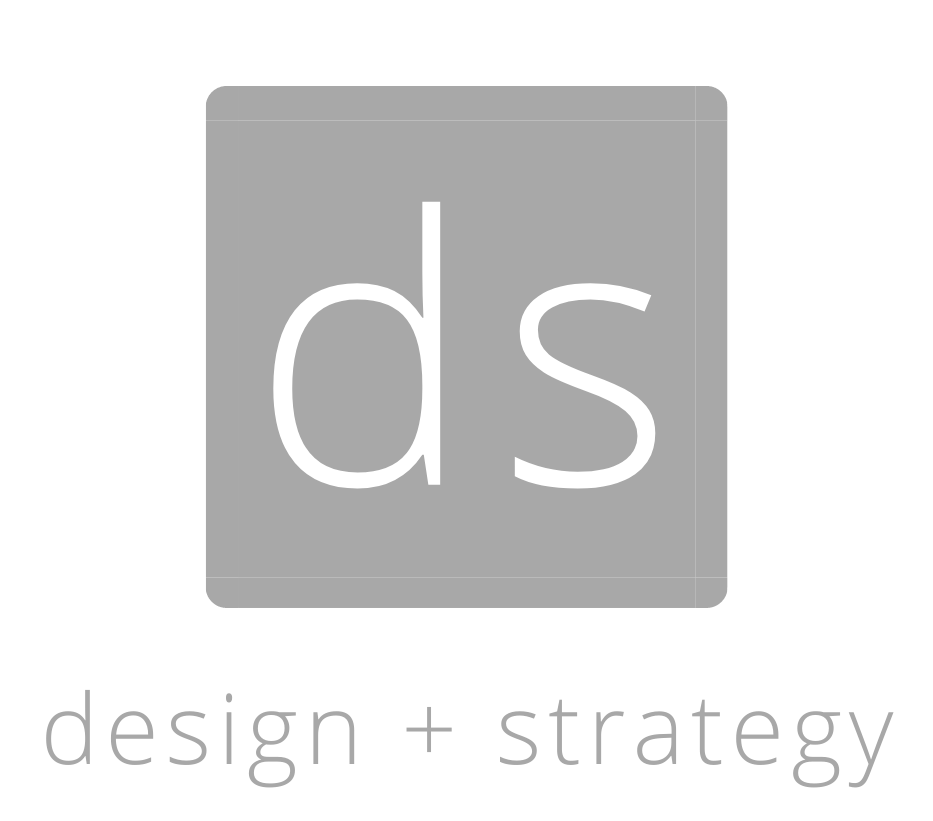should we strive for perfection?
There goes another week in the lockdown, and that ends my fourth month being home. One of the things which I picked up during the lockdown was teaching, and that led to creating my first online course on Skillshare.
Well, making an online recorded class had its own share of ups and downs. I was so bad in front of the camera that my instant thought was to shun the entire idea of doing an online recorded class. I am better off teaching in person I thought! All that I had was an old camera, no mic and no production skills.
With my long unkempt hair (thanks to the lockdown!) I proceeded to record a set of 11 videos for the fundamentals in design thinking class! Took me a month but I eventually did it.
There are a few things I have understood through this process. As designers, we often go for perfection. I think one should just do it, how Nike puts it. There is immense power in execution. The beauty of the whole process is you get better with time. I did, from my third video onwards, I was comfortable in front of the camera, my delivery was certainly on point, and editing of videos was far smoother.
“If you want to make something great, you need to start making.” In other words, don’t let perfection be the enemy of done. - The Kelley brothers
The Kelley brothers from IDEO have emphasized his enough, through their podcasts as well as books that one should not stress about being 'just right'. Instead, learn by doing and growing along the way.
Procrastination kills 90% of your potential. Nir Eyal, American author and a specialist in behavioural design, says psychology influences our emotion. He also shared this lovely piece on why procrastination is about managing emotions and not time.
The best part is you get better at doing things with time. In his book, Atomic Habits, James Clear mentions that the difference a tiny improvement can make is astounding.
Here's how the math works out: if you can get 1% better each day for one year, you'll end up 37 times better by the time you're done.
There are a few exceptions to the whole striving for perfection conversation. I was recently listening to this podcast by Debbie Millman interviewing Robert Wong, who heads Google creative labs and he mentioned they only go ahead with an idea of which they are a 100 per cent satisfied with. This means rejecting or parking away 95% of the ideas. That 5% of the ideas are prototyped and developed into something more tangible. (Google glass was one of them). But then that is Google.
Another interesting take on the whole perfection debate is - in the attempt to make something full proof the process does the exact opposite. Galileo tried to teach us that when we add more and more layers to a system intended to avert disaster, those layers of complexity may eventually be what causes the catastrophe. His basic lesson has been ignored in nuclear power plants, financial markets and at the Oscars…all resulting in chaos.
So, had I not recorded my Skillshare class, waited for the right moment and equipment, chances are very less that I might produce better quality content in the future. It is quite interesting to see how design, math and psychology add up in this case. So the question really is, should we strive for perfection or not?
On that note, you should definitely check out my Skillshare class, and you can do it for free by signing up through this link. You will premium content for two months.
Also, in case you have not subscribed to my newsletter consider subscribing it here. Thank you to those who all have subscribed already. This is an attempt to not overwhelm your inbox hence keeping the newsletter a weekly affair. Please feel free to reach out to me for questions, queries or if you just want to have a chat!
